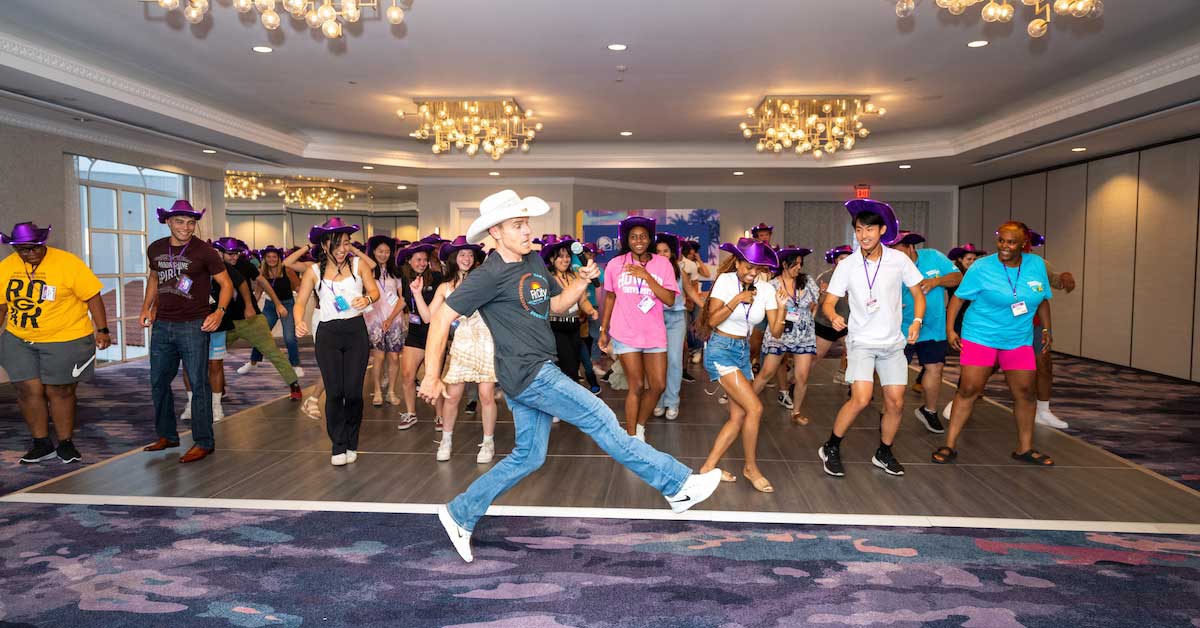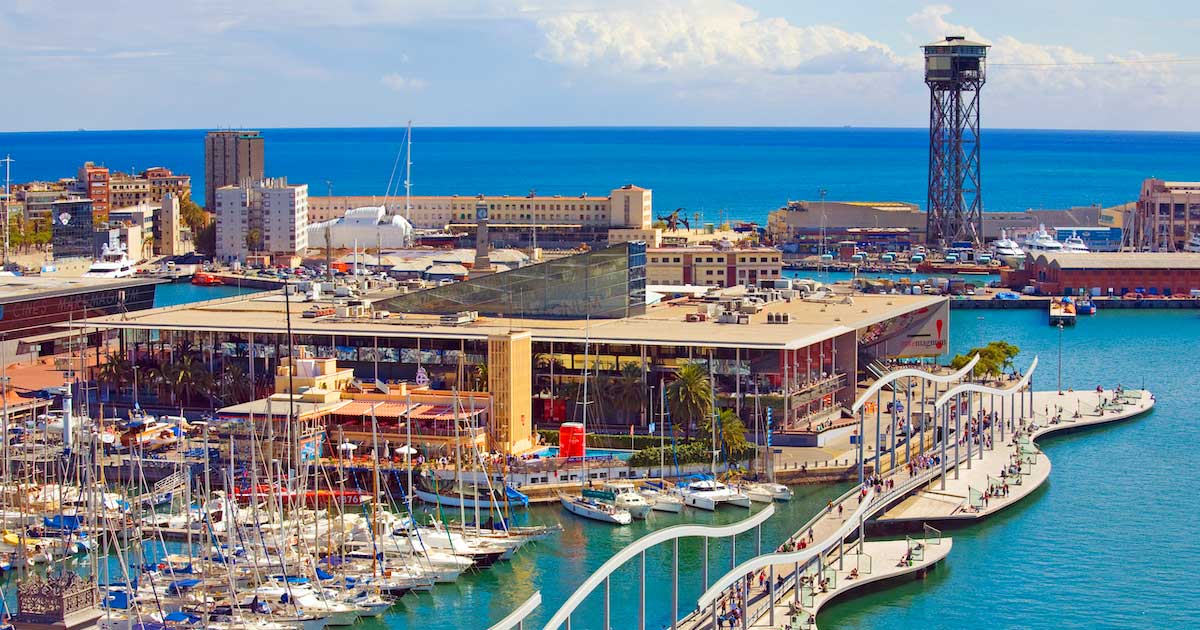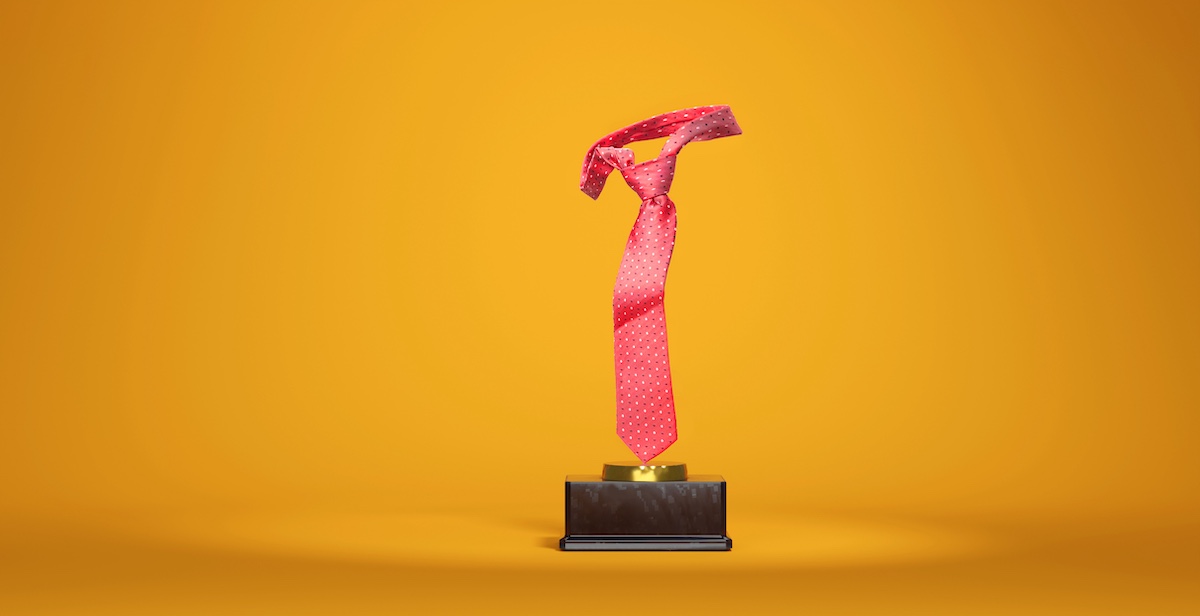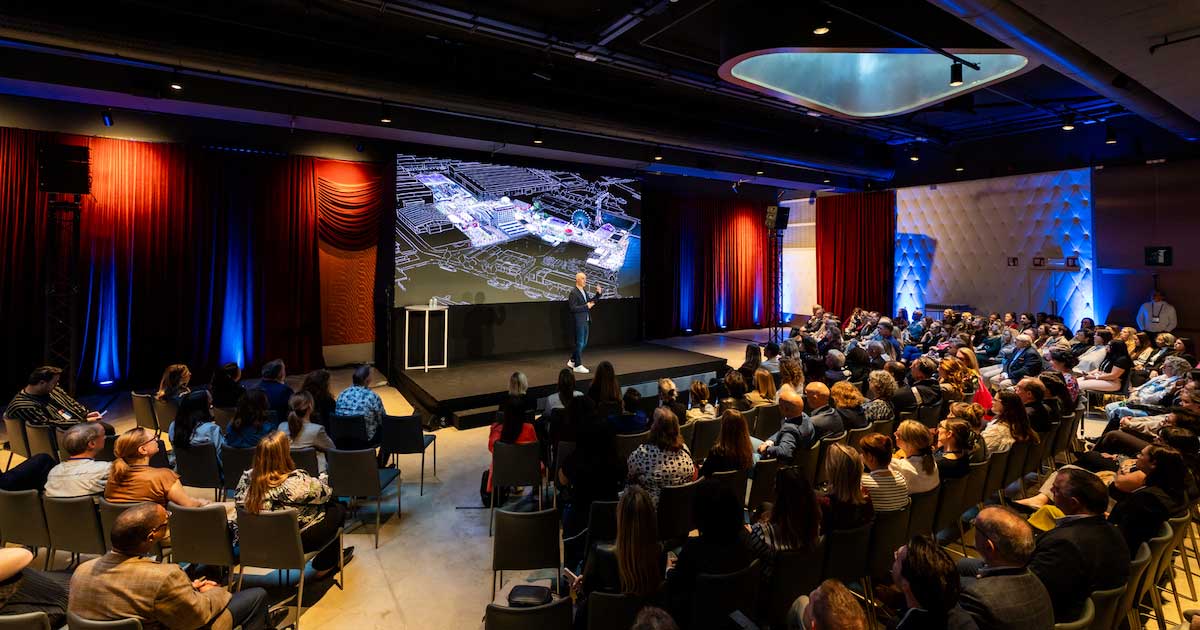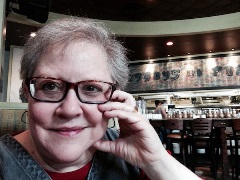 An ever-present force in the meeting industry, Joan Eisenstodt--included in MPI's "50 Legacy Contributors" list--reflects on her decades-long history with the association.
An ever-present force in the meeting industry, Joan Eisenstodt--included in MPI's "50 Legacy Contributors" list--reflects on her decades-long history with the association.When told I was to be included for MPI’s 50th anniversary as a “Legacy Member,” I wondered about the definition of “legacy.” It is sometimes the amount of money left to others; it can mean the path one is provided because of someone else—as in being admitted to a university because family preceded you.
Those do not apply.
Rather: “The good works that a person does throughout life can establish a legacy of kindness, generosity, and social responsibility. From helping others who are less fortunate or in a vulnerable population, those who do good works throughout their lives establish a positive legacy that helps make life better for others.”
I served on the MPI “big” board (two representatives from each chapter) and then, under new governance, the member-elected board, when Jim Trombino was president. It was what Jim said to and about me at a meeting that struck a chord that is reflected by the words above. He called me the “conscience of the industry.”
Outspoken through my life for the rights of and for others, teaching and my work became my vehicles to “make life better for others.” I first “taught” my dolls and playmates and later, as a leader of the Y-Teens in my hometown, Dayton, Ohio—unbeknownst to me just miles from the founding of MPI. Later, it was at MPI Institutes, at industry and other events. I believe my legacy is what I have given to an industry in which I had worked, not knowing it was a profession, until a move to Washington, D.C., and a welcome by the now-late Bill Myles at an MPI Potomac Chapter meeting.
When MPI honored me as “Planner of the Year,” the night was memorable. I have a photo somewhere of Coleman escorting me, with my hand over my mouth in surprise, to the stage! At that time, we knew if we were nominated; we didn’t know of our selection until the night of the event. Ellen Beckert, then with Freeman, still a dear friend, was “Supplier of the Year.” To share that honor with her—having served together on the Board and committees—was a mitzvah. After photos, I remember coming back, alone, to the table, absorbing the joy of the honor, when a well-known member sat next to me and, even before “congratulations,” said, “Now that you’ve won, you can stop volunteering.” My puzzled look caused them to say, “Right?” to which I said I didn’t do this for honors—I did it to help others succeed, to give back to an organization that had afforded me opportunities to grow in our profession.
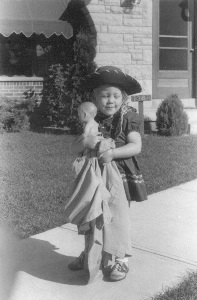 I owe much of my professional growth to my chapter where I served (on and chairing committees; as a double-president), to MPI where I served on and chaired committees and as noted, the board. Especially, I owe much to Doug Heath (z”l—that is used for “of blessed memory” by many who are Jewish about family. Doug was like family to me.), MPI’s second CEO, who found me to be the same pain in the tush that future leaders would! Doug listened and acted: he appointed me to the then-CLC (now EIC) board as one of MPI’s representatives after I kvetched that the CLC board was made up of more men than women; to the “Unity Team,” the first multi-organization industry effort to research diversity, a subject now on many lips, then not much on the industry. He encouraged me to speak up in each role to further inclusion.
I owe much of my professional growth to my chapter where I served (on and chairing committees; as a double-president), to MPI where I served on and chaired committees and as noted, the board. Especially, I owe much to Doug Heath (z”l—that is used for “of blessed memory” by many who are Jewish about family. Doug was like family to me.), MPI’s second CEO, who found me to be the same pain in the tush that future leaders would! Doug listened and acted: he appointed me to the then-CLC (now EIC) board as one of MPI’s representatives after I kvetched that the CLC board was made up of more men than women; to the “Unity Team,” the first multi-organization industry effort to research diversity, a subject now on many lips, then not much on the industry. He encouraged me to speak up in each role to further inclusion.
The aforementioned Ellen Beckert and I served on the MPI board when the first truly international meeting was held in Switzerland. At that meeting, after buying necessities when my luggage was lost, a tough decision had to be made about Doug as CEO. Painful, especially for what Doug meant to me, yet legacy involves tough as well as joyful decisions and honors. My gratitude that Doug and I remained colleagues and friends until his death. I dedicate this honor to him and to his widow, Kathy.
I have tried to leave a legacy of inclusion, beginning when I pushed MPI to start a “diversity” committee around 1990. Then, after chairing PCMA’s student efforts, and, yes, teaching at student programs, noodging MPI to start a student program. The first, in Miami Beach, was the start of MPI’s inclusion of students.
There must be more. If I have left a legacy of learning, it is because of those who helped me get there. It’s Jim, Doug, Coleman; it’s Beverly Kinkade and Weldon Webb, future MPI presidents who, in 1984, when MPI met in DC, took me under their wings. It’s the late Marta Hayden who was a strong woman leader of MPI and set the tone for others. It’s those with whom I served on the Potomac Chapter board who have moved on both from life and in professions. It’s each person who got a learning tchotchke from me and remembers what they learned because of it.
Most of all, I hope my legacy and recognition this time leads to greater awareness of the noodgy voices who want good for a profession they love; to greater ethical awareness and practices; to bettering a profession that helps people learn from each other and from program.


